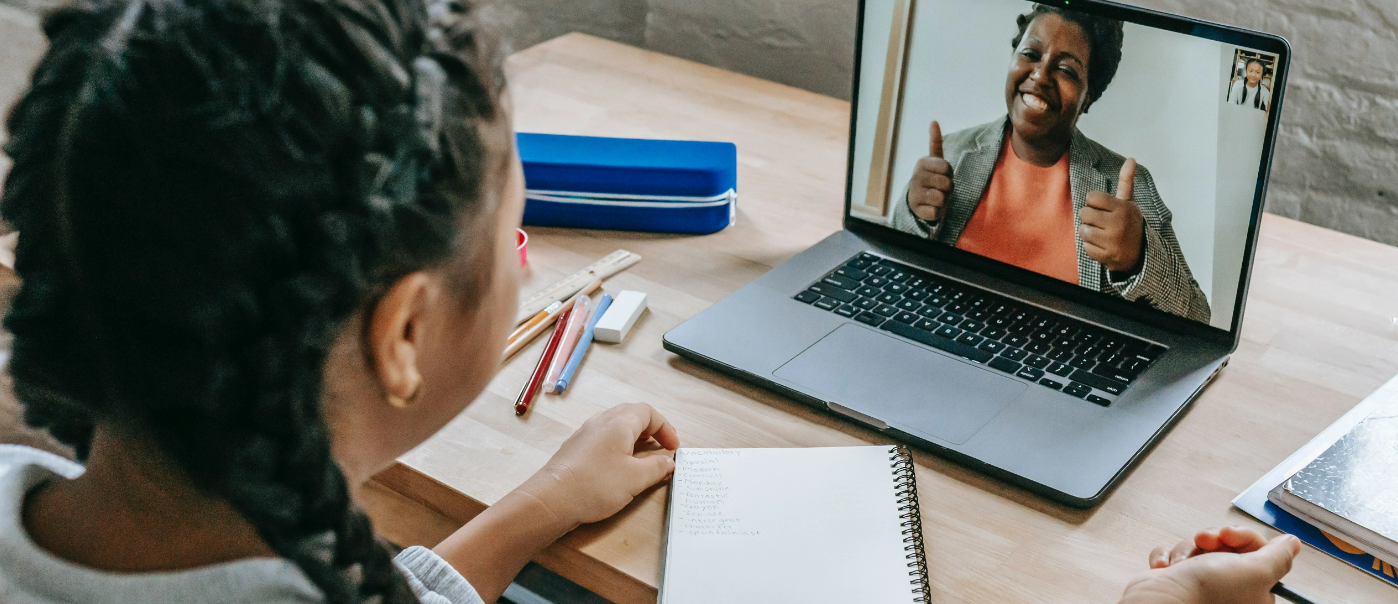APPs, CPD and the good work of GHWY/Uni Connect

The recent How to Engage White Working-Class Boys CPD webinar offered by GHWY/Uni Connect was insightful and well received by all participants. Presented by Mark Roberts, esteemed author and researcher within this field, he clearly demonstrated the need for specific thought to be given to this demographic. This applies to not only their view of academic study in schools but also their choices about progression into Higher Education (HE).
The first point that resonated with me, and a response I have heard many times from young people at the college where I work, is one of gendered expectations. This is the ‘earn as soon as possible’ view of many of our white working-class male students, but not those alone. Couple this with a climate of economic uncertainty and students with fewer financial resources available to them are making progression choices based on a plethora of factors that further compounds decisions not to continue into HE. Student debt is a strong front runner.
HE institutions are being encouraged to write their new Access & Participation Plans (APPs) by assessing their performance and risk manifestations for specific student groups. The newly created Equality of Opportunity Risk Register (EORR) should be used to identify risks and promote equality of opportunity for those students who may have experienced, or are still experiencing, barriers in their access to high quality higher education. The Office for Students (OfS 2023), through APPs, also demand clear intervention strategies and their expected outcomes through Change Models, which will be thoroughly evaluated.
The CPD that GHWY/Uni Connect is offering around targeted groups will play a pivotal part in allowing us, as institutions, to better understand the many barriers faced by groups of students. The information shared could also inform the actions within these intervention strategies and change models.
The provision of this CPD once again demonstrates GHWY/Uni Connect’s value for money in supporting institutions to address, comprehend, and meet their obligations through the OfS in a proactive, collaborative fashion. Their existing work around Attainment Raising will compliment national strategies in closing the attainment gap and ensuring students are making better, more informed choices. I was glad to hear this project will continue into 2023-24.
Smaller providers are challenged by the economy of scale and investment expected by the OfS in the evaluation of such strategies. Yet while the new APPs will create challenges in resource, time and costs, I also feel they are a real opportunity to look at the ‘what, why, who, when’ with more focus. This will create opportunities for worthwhile primary research, whether institutionally- or sector-focused. In turn, it will enrich collaboration across members of GHWY/Uni Connect. Hopefully we can share this knowledge and experience to better support young people to make real life choices that will bring not only economic but personal prosperity.
Karin Sykes, Kirklees College
